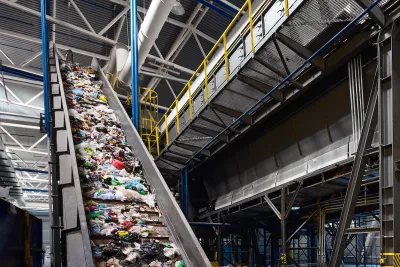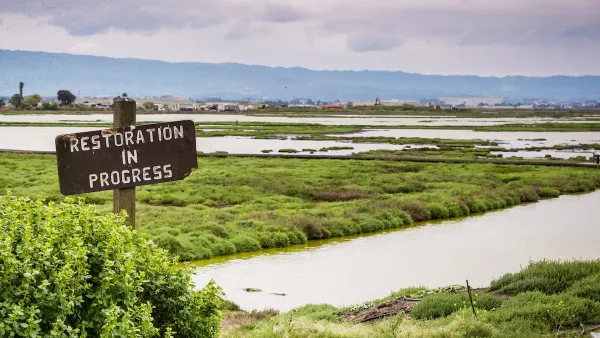Recycling offers modest environmental benefits but faces significant challenges in effectiveness and scalability, requiring systemic changes like reducing plastic production and exploring alternative waste reduction strategies.

Recycling has long been championed as a solution to reducing plastic waste and conserving resources, but its effectiveness remains fraught with challenges. Despite its good intentions, the world produces over 507 million tons of plastic annually, with less than 10 percent recycled globally. In the U.S., only a fraction of recyclable materials—such as glass, cans, and plastics—avoid landfills due to inadequate infrastructure and low participation rates. Compounding the problem, most plastics, even those bearing the familiar recycling symbol, cannot be effectively recycled, often ending up in landfills or polluting ecosystems.
As reported by Julia Musto, experts argue that recycling alone cannot solve the growing plastic waste crisis. Greenpeace and other organizations highlight that the plastics industry has long promoted recycling while increasing production, which is projected to triple by 2050. Toxicity concerns also grow with recycling, as many plastics leach harmful chemicals. Critics like MIT’s Andrew McAfee suggest that focusing on landfill disposal may be more environmentally sound than perpetuating ineffective recycling practices, given the minimal reduction in greenhouse gas emissions achieved through recycling.
While recycling has limitations, it still offers modest environmental benefits, such as saving energy and cutting water use compared to alternatives like incineration. However, experts emphasize the need for systemic change to make a meaningful impact. This includes reducing plastic production, investing in better recycling infrastructure, addressing contamination issues, and exploring complementary waste reduction strategies like composting, upcycling, and reusable systems. Without significant reforms, the environmental crisis driven by plastic waste will continue to escalate.
FULL STORY: Is recycling worth it?

National Parks Layoffs Will Cause Communities to Lose Billions
Thousands of essential park workers were laid off this week, just before the busy spring break season.

Retro-silient?: America’s First “Eco-burb,” The Woodlands Turns 50
A master-planned community north of Houston offers lessons on green infrastructure and resilient design, but falls short of its founder’s lofty affordability and walkability goals.

Delivering for America Plan Will Downgrade Mail Service in at Least 49.5 Percent of Zip Codes
Republican and Democrat lawmakers criticize the plan for its disproportionate negative impact on rural communities.

Test News Post 1
This is a summary

Test News Headline 46
Test for the image on the front page.

Balancing Bombs and Butterflies: How the National Guard Protects a Rare Species
The National Guard at Fort Indiantown Gap uses GIS technology and land management strategies to balance military training with conservation efforts, ensuring the survival of the rare eastern regal fritillary butterfly.
Urban Design for Planners 1: Software Tools
This six-course series explores essential urban design concepts using open source software and equips planners with the tools they need to participate fully in the urban design process.
Planning for Universal Design
Learn the tools for implementing Universal Design in planning regulations.
EMC Planning Group, Inc.
Planetizen
Planetizen
Mpact (formerly Rail~Volution)
Great Falls Development Authority, Inc.
HUDs Office of Policy Development and Research
NYU Wagner Graduate School of Public Service





























